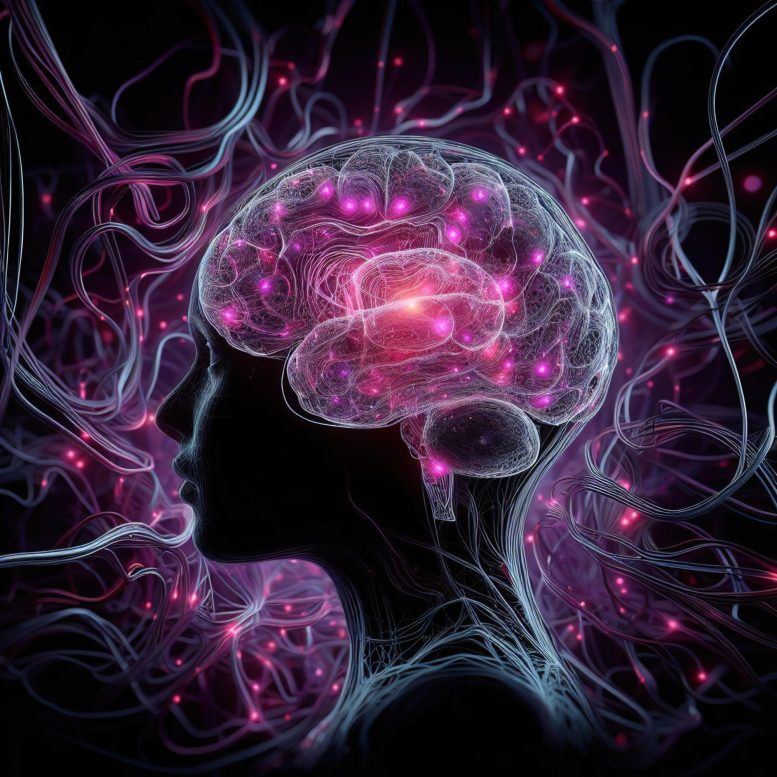
Recent research indicates that children who consistently experience inadequate sleep from infancy may have an increased risk of developing psychosis in early adulthood.
Researchers at the University of Birmingham examined information on nighttime sleep duration from a large cohort study of children aged between 6 months and 7 years old. They found that children who persistently slept fewer hours, throughout this time period, were more than twice as likely to develop a psychotic disorder in early adulthood, and nearly four times as likely to have a psychotic episode.
While previous research has highlighted links between sleep problems and psychosis at specific time points, this is the first study to show that persistent lack of sleep is a strong predictor of psychosis.
Research Findings and Implications
Lead author, Dr. Isabel Morales-Muñoz, said: “It’s entirely normal for children to suffer from sleep problems at different points in their childhood, but it’s also important to know when it might be time to seek help. Sometimes sleep can become a persistent and chronic problem, and this is where we see links with psychiatric illness in adulthood.
“The good news is that we know that it is possible to improve our sleep patterns and behaviors. While persistent lack of sleep may not be the only cause of psychosis in early adulthood, our research suggests that it is a contributing factor, and it is something that parents can address.”
The results, published in JAMA Psychiatry, were based on data taken from the Avon Longitudinal Study of Parents and Children (ALSPAC), which includes records of 12,394 children from 6 months to 7 years, and 3,889 at 24 years old.
While the association between lack of sleep in childhood and psychosis in early adulthood was robust in the study, the team has not proven a causal link and other factors associated with both childhood sleep and psychosis need to be explored.
The team looked, for example, at overall immune system health in the children to see whether impairments in the immune system could also account for some of the associations between lack of sleep and psychosis. This was tested at nine years old by measuring levels of inflammation in blood samples. Results showed that a weakened immune system could partially explain the links between lack of sleep and psychosis, but other unknown factors are also likely to be important.
Dr. Morales- Muñoz’s research is part of the Mental Health Mission Midlands Translational Centre, led by the University of Birmingham and funded by the National Institute for Health and Care Research. It aims to test and validate treatments in early psychosis and depression among children and young people.
“We know that early intervention is really important in helping young people with mental illness. One of the priorities of the Midlands Mental Health Mission Translational Research Centre of Excellence is to develop and test targeted interventions that could have a real impact on young people who have an illness or who are at risk of developing one. Understanding the role that good sleep hygiene plays in positive mental health could be a really important part of this process.”
Reference: “Role of Inflammation in Short Sleep Duration Across Childhood and Psychosis in Young Adulthood” by Isabel Morales-Muñoz, Steven Marwaha, Rachel Upthegrove and Vanessa Cropley, 8 May 2024, JAMA Psychiatry.
DOI: 10.1001/jamapsychiatry.2024.0796